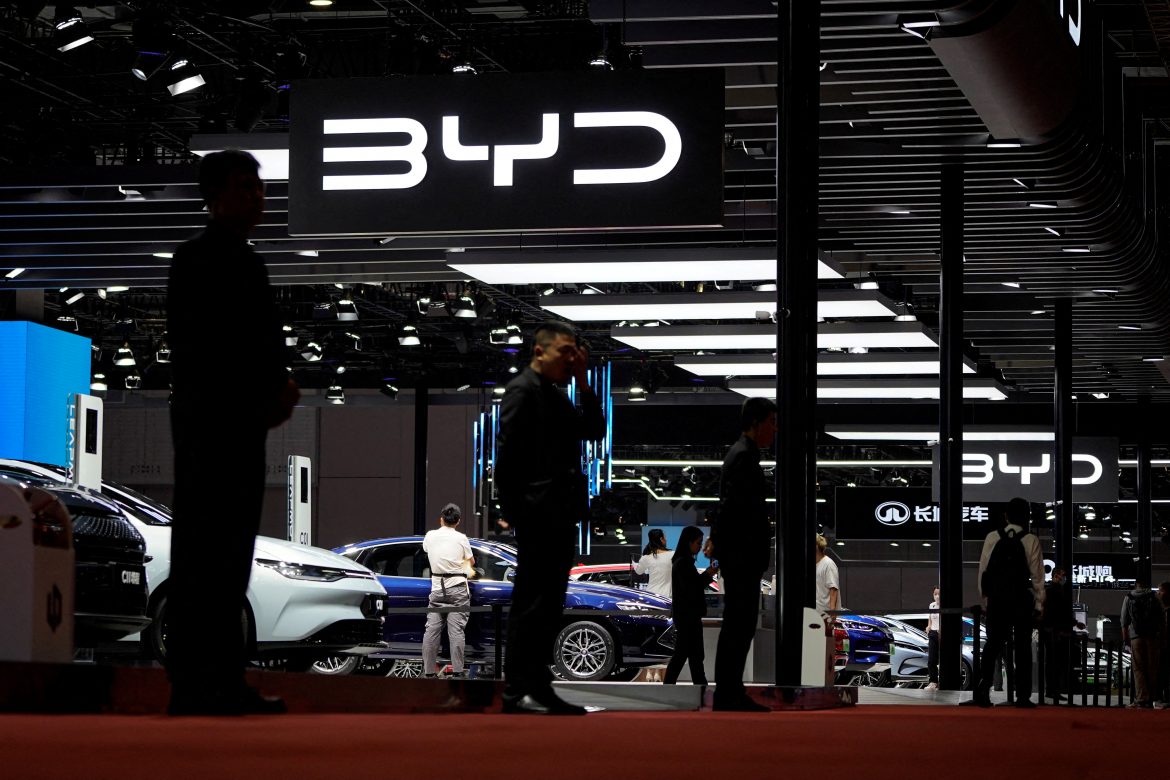Warren Buffett’s investment conglomerate, Berkshire Hathaway, has further reduced its stake in BYD, China’s largest electric vehicle (EV) producer, to below 5%. This move, disclosed in a filing with the Hong Kong Stock Exchange on Monday, could potentially mark the final time Berkshire is required to publicly announce stock sales in the company.
According to the filing, Berkshire lowered its stake in BYD’s issued H-shares from 5.06% to 4.94% on July 16. This reduction follows a series of divestments that have seen Berkshire’s ownership in BYD steadily decline from 7.02% as recently as June 11.
Hong Kong stock exchange regulations mandate that major shareholders disclose sales when their resulting stakes fall below whole percentage numbers. Once ownership stakes drop below 5%, these disclosure requirements typically cease, suggesting that future BYD stock sales by Berkshire may no longer be subject to public announcement.
Berkshire Hathaway’s investment in BYD dates back to 2008 when the conglomerate invested USD 230 million for approximately 225 million shares, equivalent to a 10% stake at the time. The decision to invest in BYD was largely influenced by Charlie Munger, Berkshire’s late vice chairman, who saw potential in the Chinese company.
The divestment process began in August 2022, following a remarkable surge in BYD’s stock price, which had risen more than 20-fold since Berkshire’s initial investment. This decision to start selling came just two months after BYD’s stock price had reached an all-time high.
Founded in 1995 by Chinese chemist Wang Chuanfu, BYD initially focused on rechargeable batteries before expanding into the automotive sector. The company has since become a major player in the global EV market, briefly surpassing Tesla as the world’s largest electric vehicle manufacturer in 2022. However, Tesla has since reclaimed the top position.
Recent sales figures highlight the intense competition between these two EV giants. In the second quarter of 2023, BYD sold 426,039 electric vehicles, while Tesla delivered 443,956 units, underscoring the narrow margin separating the two companies in the rapidly growing EV market.
Berkshire Hathaway’s decision to reduce its stake in BYD aligns with the conglomerate’s historical preference for investments primarily within the United States. As the company continues to adjust its portfolio, investors and industry observers will be watching closely to see how this divestment impacts both Berkshire’s strategy and BYD’s future performance in the competitive EV landscape.



